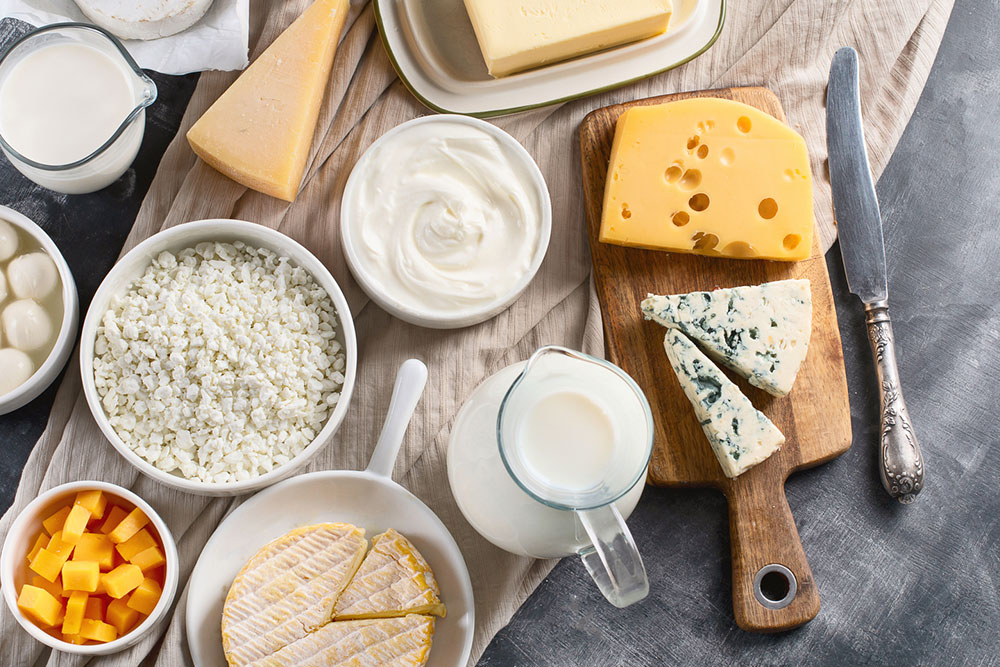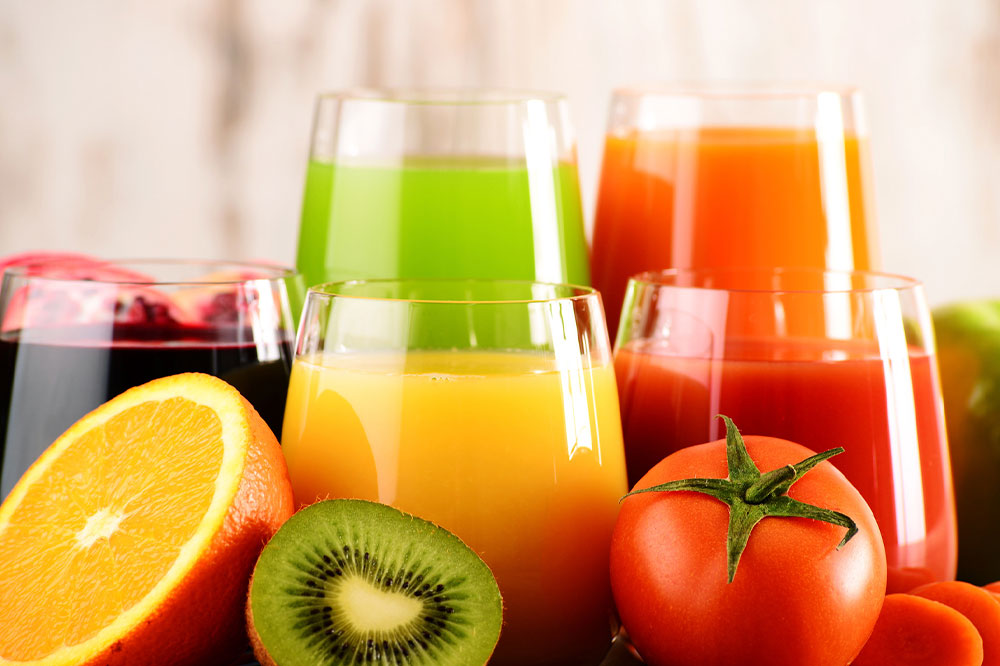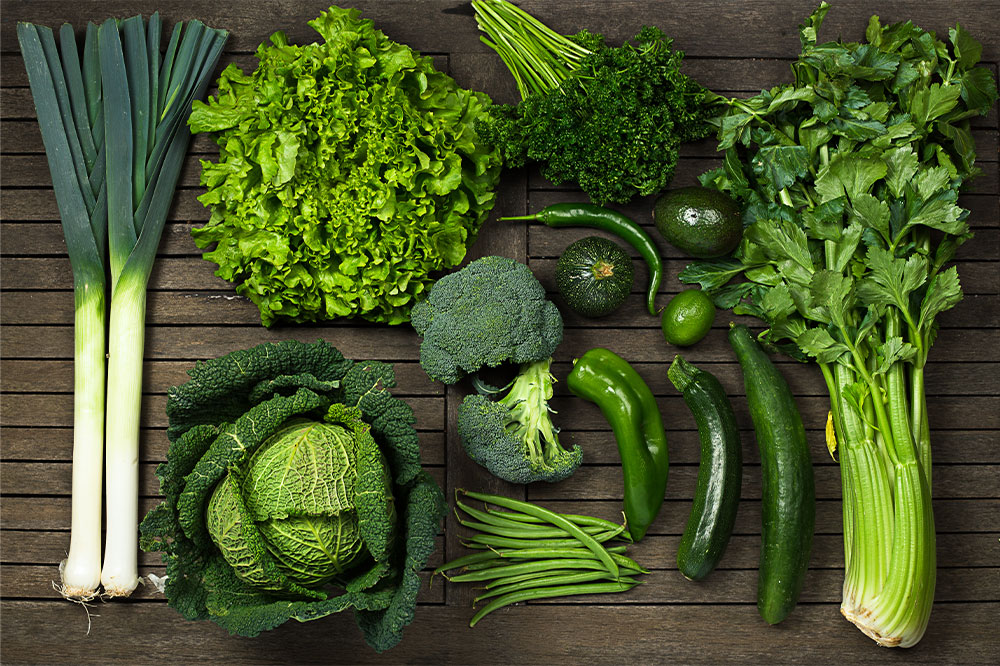31 foods to avoid to manage prurigo nodularis

Prurigo nodularis is a severe skin condition that leads to inflammation. It causes itchy rashes distributed symmetrically over the legs, arms, upper back, or abdomen. To get relief from the symptoms, people often resort to dietary changes. Individuals can manage their symptoms more effectively by avoiding certain foods that could trigger the condition. Here are some food items that people with prurigo nodularis should avoid to take a proactive approach to manage symptoms.
Foods to avoid for managing prurigo nodularis
Dairy products
Dairy can exacerbate inflammation and itching associated with prurigo nodularis. Steering clear of milk, cheese, and yogurt may help mitigate discomfort.
Gluten-containing grains
Wheat, barley, and rye, containing gluten, can contribute to inflammation. Opt for gluten-free alternatives like rice, quinoa, and corn.
Processed sugar
Refined sugars in sweets and sugary beverages can lead to blood sugar spikes, potentially worsening prurigo nodularis.
Artificial sweeteners
Artificial sweeteners like aspartame and saccharin may disrupt gut health, influencing skin conditions negatively. Choose alternatives such as stevia and honey.
Processed foods
Highly processed foods often contain additives and artificial flavors that trigger or exacerbate skin reactions.
Red meat
Red meat may promote inflammation, so individuals with prurigo nodularis should limit their consumption.
Saturated fats
Foods high in saturated fats, like fried dishes and fatty cuts of meat, can intensify inflammation and symptoms.
Shellfish
Shellfish, particularly shrimp and crab, can be high in iodine, potentially worsening skin conditions.
Processed meats
Deli meats, sausages, and bacon often contain additives and preservatives that may exacerbate inflammation and prurigo nodularis symptoms.
Caffeine
Excessive caffeine consumption can lead to dehydration and may exacerbate itching and discomfort.
Spicy foods
Spicy foods can stimulate nerve endings, potentially intensifying itching associated with prurigo nodularis.
Nightshade vegetables
Tomatoes, potatoes, peppers, and eggplants belong to the nightshade family, which may contain alkaloids that exacerbate inflammation.
Citrus fruits
Citrus fruits like oranges, lemons, and grapefruits are acidic and can worsen prurigo nodularis symptoms in some individuals.
Nuts and seeds
Some individuals may be sensitive to nuts like peanuts and tree nuts, triggering allergic reactions and affecting prurigo nodularis.
Soy products
Soy contains compounds that can disrupt hormone balance, potentially exacerbating skin conditions.
Eggs
Eggs are a common allergen and may trigger skin reactions in sensitive individuals, necessitating moderation.
Corn
Corn can lead to digestive issues in some individuals, potentially worsening prurigo nodularis symptoms.
Processed condiments
Ketchup, mayonnaise, and salad dressings often contain preservatives and additives that may exacerbate skin conditions.
Monosodium Glutamate (MSG)
MSG, commonly found in processed foods, can trigger allergic reactions and potentially worsen prurigo nodularis symptoms.
Added sugars
Foods sweetened with sugar and those with a high glycemic index can spike blood sugar levels that can worsen skin conditions.
Aged cheeses
Aged cheeses like blue cheese, cheddar, and parmesan contain higher levels of histamines, which can trigger skin reactions in some individuals.
Pickled foods
Pickled items often contain high levels of sodium and additives that may worsen prurigo nodularis symptoms.
Food additives and preservatives
Food additives and preservatives, such as sulfites, nitrates, and benzoates, can trigger skin reactions and should be avoided.
Dried spices
Some dried spices, like cinnamon and paprika, may irritate the skin when consumed excessively.
Vinegar
Vinegar’s acidity can potentially exacerbate prurigo nodularis symptoms, so moderation is key.
Fried foods
Fried foods comprise unhealthy fats and can promote inflammation, making them unfavorable for individuals with prurigo nodularis.
High-sodium foods
Foods with excessive salt content can lead to water retention and worsen symptoms of prurigo nodularis.
Processed snacks
Snack foods like chips and pretzels often contain artificial additives and trans fats that may aggravate skin reactions.
Fast food
Fast food items are typically high in unhealthy fats, salt, and additives, making them unsuitable for those managing prurigo nodularis.
High-fructose corn syrup
High-fructose corn syrup is found in many processed foods and beverages and can contribute to inflammation and skin discomfort.
Canned soups
Canned soups often contain high sodium levels and additives that may exacerbate prurigo nodularis symptoms.
Foods to eat for managing prurigo nodularis
Fatty fish
Fatty fish such as mackerel, salmon, trout, and tuna are rich sources of omega-3 fatty acids. These essential fats possess anti-inflammatory properties that can help alleviate skin discomfort associated with prurigo nodularis.
Leafy greens
Kale, collard greens, and spinach are enriched and packed with essential minerals, vitamins, and antioxidants. These nutrients bolster the immune system and promote overall skin health.
Berries
Blueberries, strawberries, and raspberries are bursting with antioxidants that combat inflammation and support the body’s natural healing processes.
Turmeric
Curcumin is an active compound found in turmeric. It is known to have anti-inflammatory and antioxidant properties. Incorporating turmeric into meals may help reduce prurigo nodularis-related inflammation.
Probiotic-rich foods
Yogurt, kefir, and fermented vegetables introduce beneficial bacteria to the gut, promoting a healthy microbiome and potentially improving skin conditions.
Avocado
Avocados are one of the richest sources of vitamins C and E and healthy fats. These nutrients contribute to skin repair and hydration.
Nuts and seeds
Almonds, walnuts, and flaxseeds are brimming with essential fatty acids, fiber, and antioxidants that support skin health and reduce inflammation.
Sweet potatoes
Sweet potatoes are one of the healthiest foods, enriched with beta-carotene. The beta-carotene is converted into vitamin A, crucial for skin cell production and repair.
Green tea
Epigallocatechin gallate (EGCG), found in green tea, possesses anti-inflammatory and antioxidant properties that may reduce prurigo nodularis symptoms.
Lean proteins
Skin-friendly proteins like poultry, lean beef, and tofu provide the amino acids necessary for tissue repair and immune function.
Individuals with prurigo nodularis can proactively support their skin health by avoiding certain foods and incorporating the benefits. However, it’s imperative to consult a healthcare professional for personalized meal plans and ensure these foods align with the overall treatment plan.







